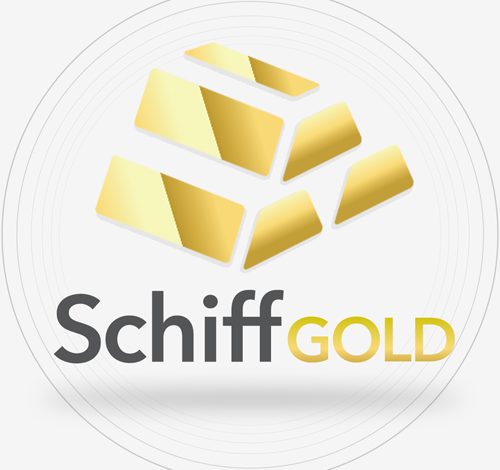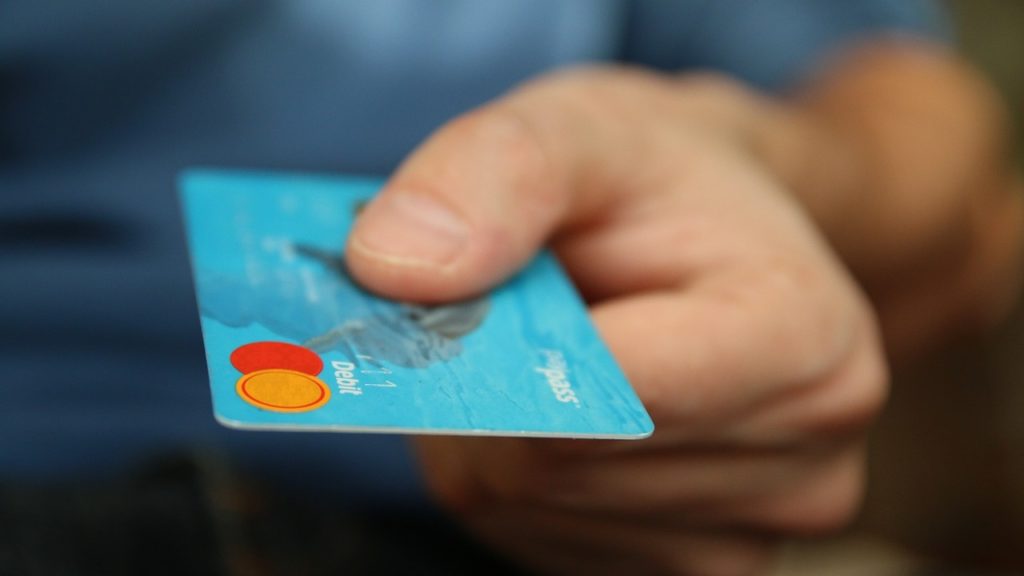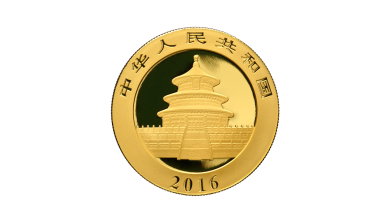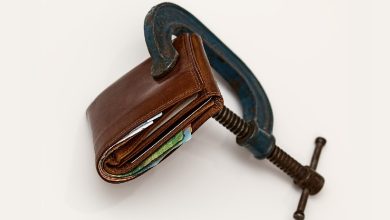As Prices Rise Americans Turning to Their Credit Cards

Prices keep rising faster than wages. The stimulus checks are long gone. Savings are being depleted. How is the average American supposed to make ends meet?
The only option is to charge it.
And that’s exactly what Americans are doing.
Consumer debt rose at the fastest pace in 20 years in February.
Total consumer debt rose by $41.8 billion 11.3% in February, according to the latest data from the Federal Reserve. It was an 11.3% increase year-on-year and the highest rate of growth since November 2001. Analysts had projected a modest $15 billion gain.
Americans now owe a total of $4.48 trillion in consumer credit.
The Federal Reserve consumer debt figures include credit card debt, student loans and auto loans, but do not factor in mortgage debt. When you include mortgages, US consumers are buried under more than $15 trillion in debt.
Americans ran up their credit cards at a blistering pace in February. Revolving credit, primarily credit card debt, rose by a whopping 20.7%. American consumers added $18 billion to their credit card bills in February alone. US credit card debt now stands at over $1.06 trillion.
With interest rates rising, Americans will soon be paying more in interest charges every month, and many will see minimum payments rise. The annual interest payment on the US debt has already surged by $16.4 billion in just six months.
As Axios put it, “COVID-era stimulus payments to American families are a distant memory, as is the savings cushion they briefly created. And remember, this data came before the worst of the current gasoline price spike.”
Non-revolving credit, including student loans and auto loans, jumped by $23.8 billion, an 8.4% year-on-year increase. Americans now owe $3.4 trillion in non-revolving debt. A surge in student loan borrowing pushed the total higher.
Americans, by and large, kept their credit cards in their wallets and paid down balances at the height of the pandemic in 2020. This is typical consumer behavior during an economic downturn. Credit card balances were over $1 trillion when the pandemic began. They fell below that level in 2020. We saw small upticks in credit card balances in February and March of last year as the recovery began, with a sharp drop in April as another round of stimulus checks rolled out. But Americans started borrowing in earnest again in May. Since then, we’ve seen a steady increase in consumer debt culminating in February’s decades-high surge.
Officials at the Federal Reserve say they will be able to raise interest rates and tighten monetary policy because the economy is strong. But the rising levels of debt seem to indicate that apparent economic strength is a smokescreen. Running up credit cards is not a sustainable economic model. Americans can make ends meet by borrowing on plastic for a while, but credit cards have limits. And rising interest rate will push balances toward those limits even faster.
In a nutshell, the Federal Reserve and the US government have built a post-pandemic “economic recovery” on stimulus and debt. It is predicated on consumers spending stimulus money borrowed and handed out by the federal government or running up their own credit cards.
And the stimulus is gone.
As Peter Schiff pointed out in a recent podcast, the economy isn’t stronger than it was after the 2008 crisis, and the central bank is set to take away the very thing propping the economy up.
It’s just a bigger bubble. It only appears stronger to the Fed that doesn’t understand that this artificial strength is purely a function of all this monetary heroin that the Fed has injected into the economy. Now they’re threatening to remove it, and they think somehow the economy is going to stay high as a kite if they take away the drugs that are the reason it’s high. It won’t happen.”
Call 1-888-GOLD-160 and speak with a Precious Metals Specialist today!
Buka akaun dagangan patuh syariah anda di Weltrade.
Source link





